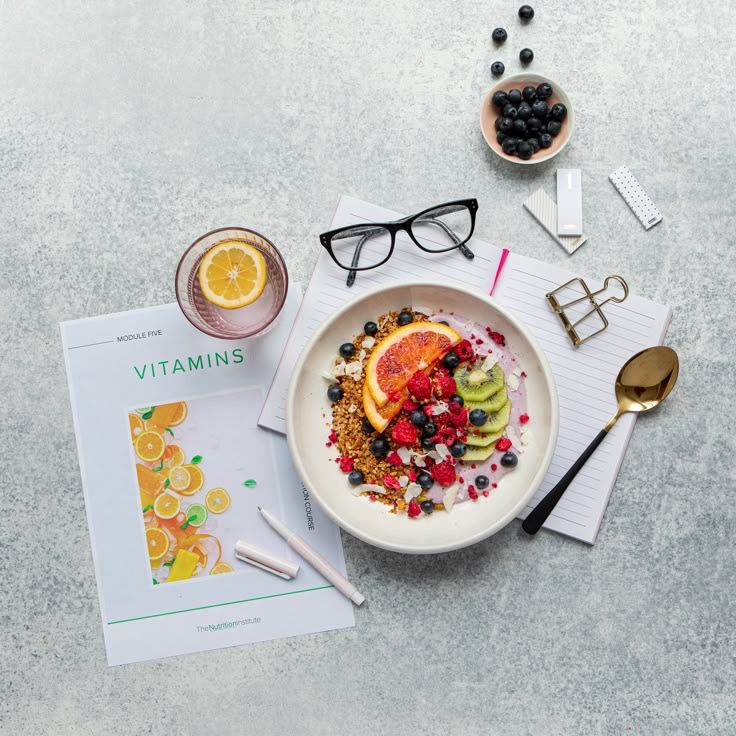The Future of Nutrition: Trends to Watch in 2025

The field of nutrition is evolving rapidly, with advancements in technology, sustainability, and dietary preferences shaping the way we eat and approach health. As we fully move into 2025, here are three major trends that will redefine the future of nutrition.
1. Personalized Nutrition and AI in Health Coaching
One-size-fits-all nutrition is becoming outdated. With advancements in AI, genetic testing, and wearable technology, personalized nutrition is set to become more accessible than ever.
🔹 AI-Powered Diet Recommendations:
AI is helping individuals receive tailored meal plans based on health conditions, lifestyle, and dietary preferences. Apps and AI-driven platforms now analyze data from wearables, blood tests, and food-tracking apps to offer customized health advice.
🔹 DNA-Based Nutrition:
Nutrigenomics—the study of how genes interact with food—is gaining traction. DNA testing kits can now reveal how an individual metabolizes nutrients like carbohydrates, fats, and vitamins, allowing for ultra-personalized dietary guidance.
🔹 The Role of Health Coaches:
With AI-powered recommendations, nutritionists and dietitians are now using digital tools to provide real-time coaching, meal tracking, and health monitoring for clients. This hybrid approach—AI + human expertise—will dominate the nutrition industry in 2025.
📌 What This Means for You:
- Expect more AI-driven meal-planning tools that cater to individual needs.
- Nutritionists will increasingly rely on tech-based insights to guide their clients.
- Personalized supplementation based on bloodwork and microbiome analysis will become mainstream.
2. The Rise of Plant-Based Diets and Alternative Proteins
The global shift toward plant-based diets continues to grow, driven by concerns over health, the environment, and ethical eating. In 2025, we’ll see a surge in alternative proteins that provide sustainable nutrition.
🔹 More Plant-Based Meat and Dairy Alternatives:
Expect a wider range of plant-based burgers, seafood, eggs, and dairy products made from ingredients like peas, fungi, algae, and precision-fermented proteins. These innovations aim to mimic the taste and texture of animal products while being healthier and more eco-friendly.
🔹 Traditional Protein Sources Are Evolving:
Rather than just soy and pea protein, companies are exploring insect-based proteins, lab-grown meats, and fermentation-based dairy alternatives to meet global protein demands.
🔹 Why Consumers Are Making the Switch:
- Health benefits (lower cholesterol, better gut health)
- Environmental impact (reduced carbon footprint, less water use)
- Ethical concerns (animal welfare, food security)
📌 What This Means for You:
- Expect more plant-based options in restaurants and grocery stores.
- New protein sources like fungi, algae, and lab-grown meat will enter the mainstream.
- Nutritionists and dietitians will need to guide clients on balancing plant-based diets properly.
3. How Sustainability is Shaping Food Choices
Sustainability is no longer just a buzzword—it’s transforming how we grow, package, and consume food. Consumers are now prioritizing eco-friendly food choices, and governments are pushing for more sustainable food systems.
🔹 Regenerative Agriculture on the Rise
More farms are adopting regenerative farming techniques that focus on:
✔ Soil health improvement (reducing chemical fertilizers)
✔ Carbon sequestration (capturing CO₂ to fight climate change)
✔ Biodiversity conservation (protecting ecosystems)
🔹 The End of Food Waste?
New innovations in food preservation and upcycled foods are helping reduce waste. Expect more:
✔ Food waste apps that connect surplus food with consumers.
✔ Upcycled food products made from discarded fruit peels, coffee grounds, or surplus grains.
🔹 Sustainable Packaging and Low-Waste Lifestyles
Brands are shifting towards:
✔ Compostable, plant-based, and edible packaging
✔ Bulk-buying options to reduce plastic waste
✔ Minimal processing and local sourcing to lower environmental impact
📌 What This Means for You:
- More eco-friendly grocery options and packaging alternatives.
- A stronger push for reducing food waste and making use of all edible parts of food.
- Expect nutritionists to play a key role in promoting sustainable eating habits.
Final Thoughts: The Future of Nutrition is Here
2025 is set to be a transformative year for the nutrition industry. With AI-driven personalized nutrition, the plant-based movement, and sustainability at the forefront, consumers and professionals alike will need to adapt to new food trends and technologies.
As a nutritionist, dietitian, or health advocate, staying ahead of these trends is essential. Are you ready for the future of food?
🔹 Which trend excites you the most?

